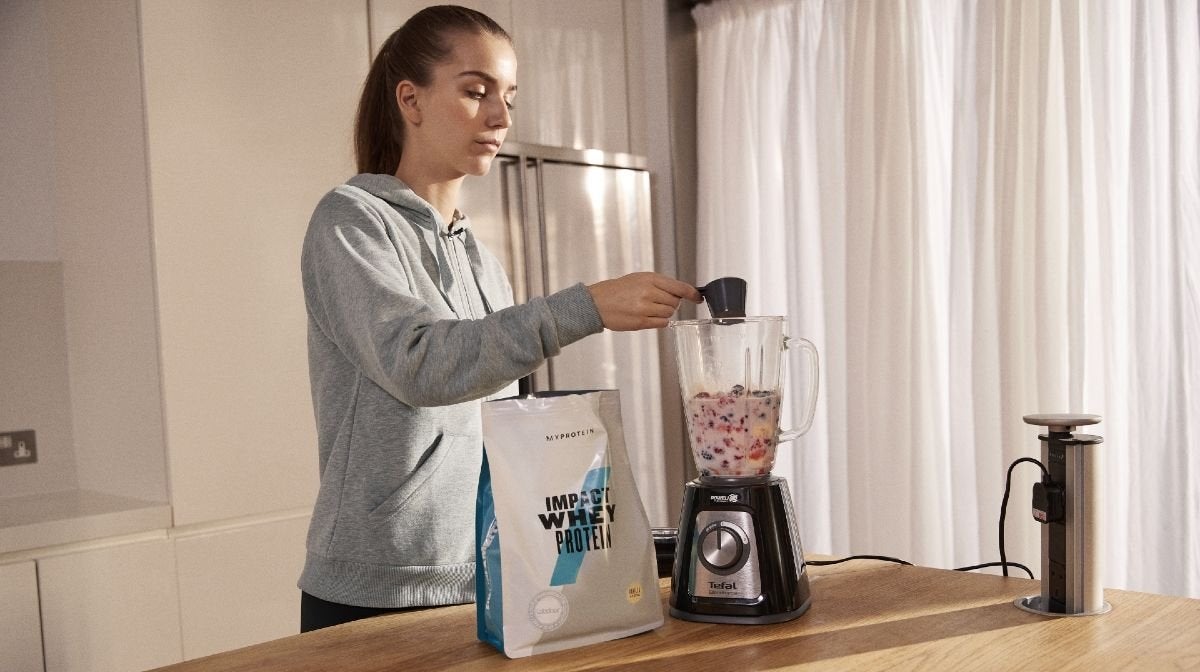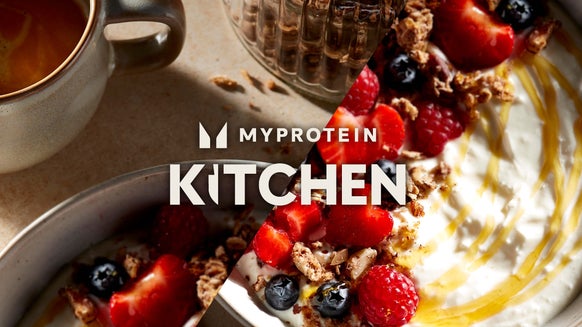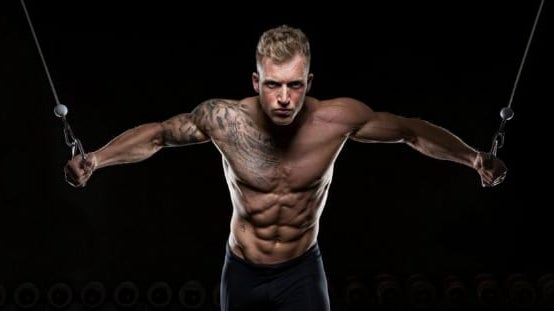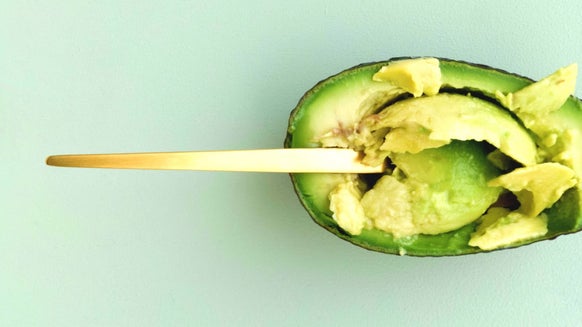This Expert Shares How To Nail Your Morning Routine Now That Gyms Are Open

With most people WFH, it's pretty common for some to be more productive in the afternoon or evening. That's totally fine, but there are simple hacks to make sure you’re setting yourself up for the best possible start to the day.
Leading Myprotein nutritionist Jamie Wright takes you through his tried and tested tips to optimise your morning. Whether you’re squeezing in a workout or tackling your to-do list; from fasted cardio to blue light filters...learn your way to seizing the day.
The morning starts the night before
Jamie points out that to have a successful morning routine, you need to start preparing the night before. We often underestimate how critical it is to have a good night of sleep and recover from the stressors of the previous day.
NHS studies have shown that when we get less than seven hours of sleep, our ability to function cognitively drops significantly, along with a spike in the hunger hormone ghrelin causing us to experience increased feelings of hunger throughout the day, while a drop in leptin lowers our ability to feel full.
Winding down before bed and having a routine is key, Jamie says. It gives you a chance to clear your head, relax and be in the right frame of mind for sleep. Avoiding social media or any screen time an hour before bed is highly recommended, as social media is incredibly stimulating and screens tend to emit blue light, which negatively affects our levels of melatonin, the essential hormone needed for sleep. If screen time before bed is essential, then setting devices to night mode, lowering the screens’ brightness and wearing blue-light blocking glasses can help to reduce the negative effect.

Make time for yourself
It’s also important to keep some time for yourself in the mornings. Some people prefer to take their time over breakfast, enjoy a cup of coffee or get in a morning workout. Whatever it is, allowing time for something you enjoy can start your day off on a positive note.
“Though some people are able to use their phone functionally without getting distracted, most people can’t,” says Jamie. “If this is you, don’t use your phone to wake up – buy an alarm clock instead and charge your phone in a different room at night.
“Another good tip is to not say you ‘can’t’ use your phone in the morning, but set aside 15-20 minutes after all the important things are done to sit and scroll.”
Having a regular routine is critical, even though that routine will be different for everybody. That said, don’t be afraid to change things up a bit if you find your routine is becoming stale and monotonous – particularly during the current times.
“Difference can re-inject a bit of life into you and help you adhere to the best behaviours more effortlessly,” Jamie says.
Top tips: Have a pre-bedtime routine to wind down, avoid screen time an hour before bed and wear blue light blocking glasses if it's essential to look at a screen. Find something you enjoy doing in the mornings and make time for it. Set aside 15-20 minutes for phone use. Stick to a routine, but don’t be afraid to change things up if you find it’s no longer working for you.

Breaking the fast
While some people may choose to fast until lunchtime, others make breakfast a priority, aiming to eat as soon as they get out of bed.
But which option is better?
Turns out – both!
“There’s no real optimum time to wait before eating breakfast after waking,” Jamie explains. “It all depends on the person and their schedule, circadian rhythm, personal preferences, and also their unique circumstances, like whether they have kids etc.
“There are many studies that suggest having breakfast helps with weight management and performance, but there are also just as many studies showing the opposite. The health and fitness world can seem very black-and-white, but really, it’s all about that person’s preferences and goals.”
Whenever you do have your first meal of the day, Jamie suggests making it protein-focused.
“Whatever your goals, protein should be the focus for every meal,” he says. “It’s beneficial for everyone regardless of age, gender or any other factor.”
It's true that besides the recovery benefits of muscle building and repair, protein can also help to regulate blood sugar levels, maintain energy, improve mood, focus and concentration, boost satiety and reduce cravings. This is all incredibly important – especially during the current pandemic, when people may be suffering with lowered mood in general.
That said, carbohydrate-heavy breakfasts that are high in fibre also have their place, particularly in weight loss or management, or as an energy boost before a workout (more on this later).
Don’t forget your supps
Meanwhile, the morning also is a great time to get in any daily supplements you’re taking.
For those working out regularly, this might look like a whey or vegan protein powder, but also everybody can benefit from taking an omega 3 and vitamin D supplement, as these are two micronutrients we commonly don’t get enough of, Jamie says. Those following a plant-based diet








